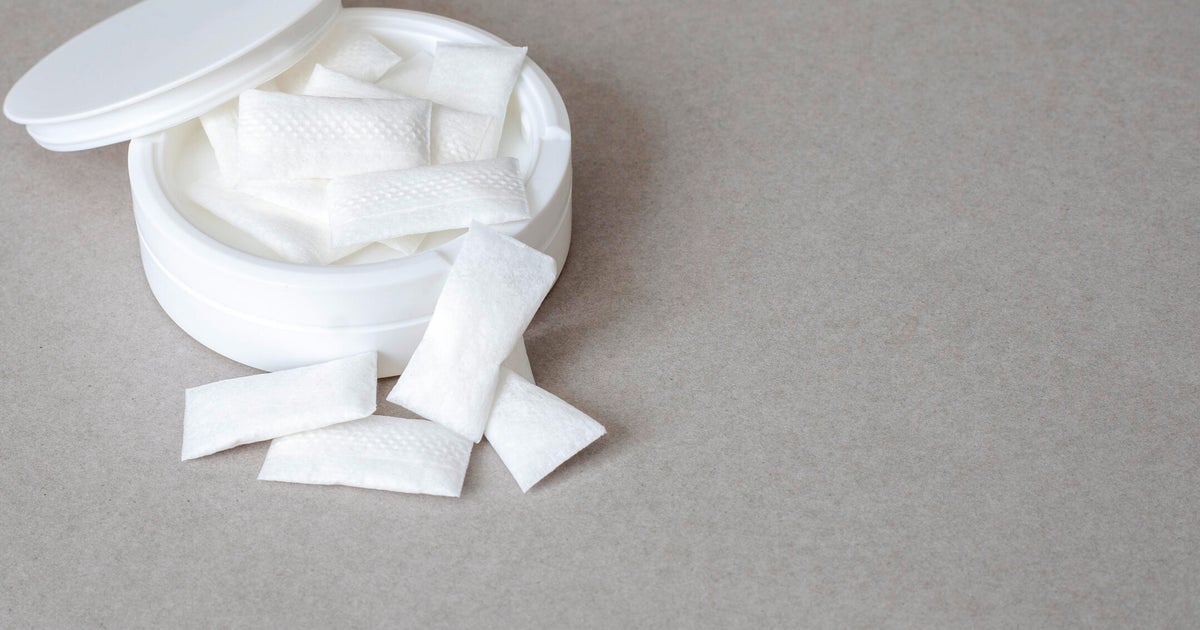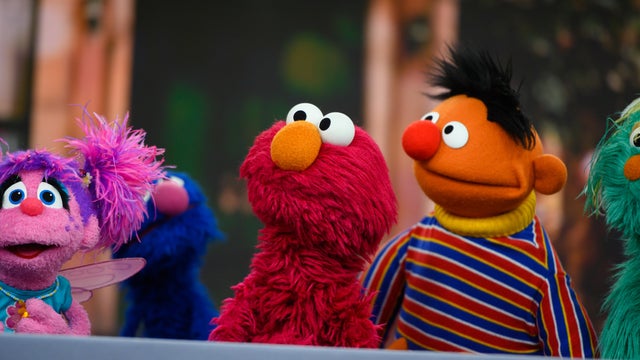

No response returned

The rate of the number of young children who accidentally swallow nicotine pouches has soared in recent years, according to a new study.
The study, published Monday in the journal Pediatrics, found reports of children under 6 years old ingesting nicotine pouches increased from less than 1 per 100,000 in 2020 to more than 4 per 100,000 in 2023 — a 763% increase.
Unlike smoking and vaping, nicotine pouches — like — are smoke- and tobacco-free, but the pouches still contain nicotine, an addictive chemical that can be .
Researchers analyzed calls to U.S. poison centers from 2020, which is when these pouches were first tracked in national poison center data, to 2023, the most recent available data.
"Nicotine pouches are a serious and growing toxic ingestion hazard among young children," said Dr. Hannah Hays, co-author of the study and medical director of the Central Ohio Poison Center, said in .
The study also looked at ingestions of other nicotine products and formulations, including cigarettes, chewing tobacco, e-cigarettes and liquids.
Overall, researchers examined nearly 135,000 cases of nicotine ingestions among young children in the U.S. from 2010 to 2023, finding most cases occurred at home and involved children under 2 years old.
From 2010 to 2015, the overall rate of all nicotine ingestions increased 59%, but then decreased 34% from 2015 to 2023, researchers found, making the sharp rise in pouch ingestions a concerning contrast.
While pouch ingestions only made up 1.4% of the cases examined in the study, they were more likely to be associated with serious medical outcomes or hospital admissions than ingestions of other products, according to the study.
"Many nicotine products are flavored and sold in colorful packaging that may be attractive to a young child," Dr. Gary Smith, senior author of the study and director of the Center for Injury Research and Policy at Nationwide Children's, said in the release. "Banning flavors in all nicotine products helps reduce unintentional ingestions by young children as well as discourage use among teens."
Earlier this year, the Food and Drug Administration authorized the parent company of Zyn's manufacturer to sell the product to help adult smokers cut back or quit cigarettes. The authorization included 10 Zyn flavors, including coffee, mint and menthol.
It was the first time regulators have authorized sales of nicotine pouches, which are the fastest-growing segment of the U.S. tobacco market, and prompted health advocates to criticize the FDA's decision.





